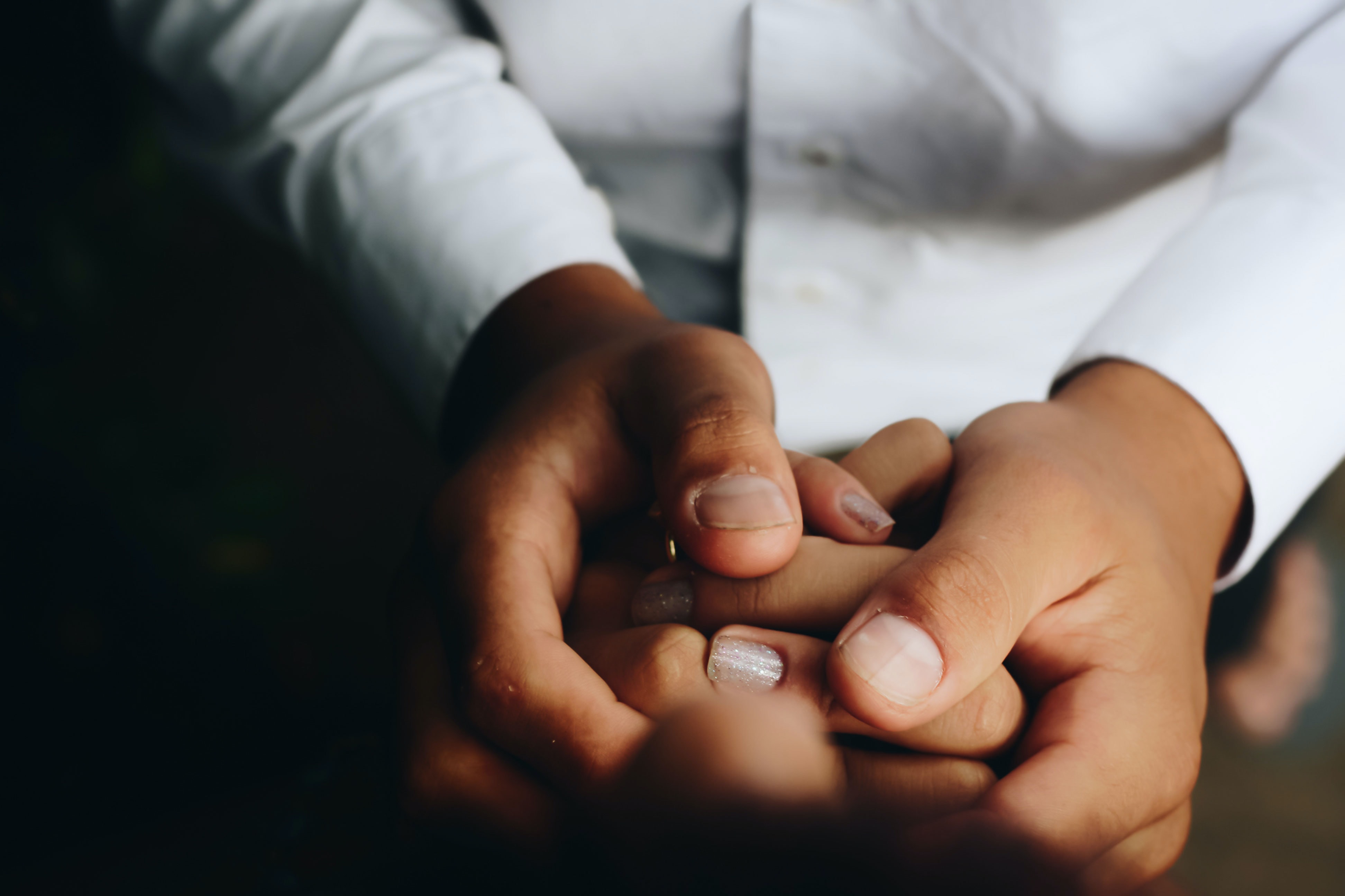Hoarding isn’t funny or quirky or merely a case of people wanting to collect things. It’s a mental disorder with personal, social, legal, and economic consequences.
Hoarding disorder is a term that’s beginning to show up in people’s conversations. In the medical community, it’s been recognized as a sub-category of OCD (obsessive-compulsive disorder) for quite a while. Fortunately, after a TV show “Hoarding: Buried Alive” in the early 2010s brought widespread attention to hoarding, many social service agencies now recognize the dangers of the problem and work to help those who have it.
About three percent of the population suffers from OCD, and about one-third of OCD sufferers exhibit some form of hoarding disorder. If you do the math, that means one percent of adults have a severe mental health challenge that involves hoarding.
What is hoarding?
There are many definitions; even among professionals who treat it, the behavior’s description is rather fluid. It’s safe to say that it is a mental compulsion to keep and store lots of things that you don’t need. If your house is cluttered with boxes you never open and stored items you’ll never use, you might be a hoarder. Of course, only a licensed mental health professional can give an accurate diagnosis.
What’s the danger?
The genuine physical dangers of hoarding have two facets. One relates to risks faced by the hoarder that the condition will get worse without treatment and thus become harder to treat. Hoarders’ homes are often very unsafe places where disease, viruses, bacteria, and poor ventilation are inevitable results. Rodent and insect infestation is typical, as are various levels of fire hazards from blocked doorways and stored chemicals.

The second major category of danger is to the surrounding community. Children who live near hoarders are in danger of playing in or near dangerous substances or fire hazards. Property owned and occupied by advanced-stage hoarders is of great concern to fire officials because entryways tend to be blocked, and the volume of paper products means fires spread quickly, often to nearby homes.
What are the legal implications?
The legal implications of one percent of the population having hoarding disorder are huge.
Hoarders face eviction, losing custody of their children, having to pay hefty fines for creating environmental hazards, and broken relationships. More than 90 percent of people who hoard have other mental health issues. Additionally, most sufferers have been dealing with the condition since their early teens, when symptoms begin and get worse as the years pass.
How to help a hoarder
For people who know or live with a hoarder, getting help is of primary importance. Brushing the situation off with words like, “Oh, Grandpa is just a ‘packrat’ who likes to collect things,” or, “Mom enjoys getting bargains on collectibles and stores her huge inventory in the house,” are often ways to minimize or avoid the core problem.
Step one is to contact local social service agencies to seek help. Fortunately, most medical insurance plans, including Medicare, cover routine mental health screening. Lack of money should not stand in the way of getting help for a loved one or friend who might have a hoarding problem.
Step two is convincing the sufferer that the problem is worrisome enough to warrant counseling. If you think someone has hoarding disorder and they refuse help, inform them that they might lose their home, their pets, their children, and could end up paying hefty fines for creating public health hazards.
Don’t let hoarding ruin the life of someone you care about. Take action and speak up. Contact social services and inform them of the situation if you are unable to convince the sufferer of the necessity of getting help. Hoarding isn’t funny or quirky or merely a case of people wanting to collect things. It’s a mental disorder with personal, social, legal, and economic consequences.


Join the conversation!